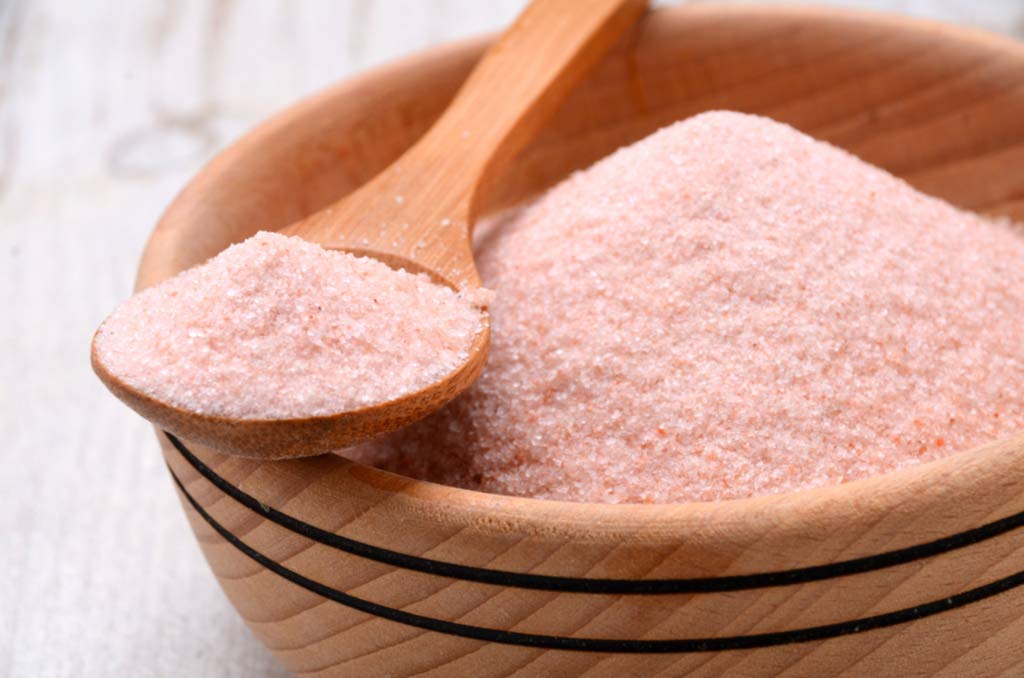Is a salt water mouth rinse beneficial to you oral health? If you are looking for a home remedy for a toothache, painful inflamed gums, canker sores, sore throat, or even bad breath, swishing a concoction of water and salt can be very effective.
Salt water acts as a disinfectant that has natural cleansing properties which can help remove plaque and bacteria from teeth and gums as well as help prevent new bacteria from forming. It helps neutralize the mouth’s pH balance and promotes healing.
Studies have shown that salt water, saline solutions can help alleviate inflammation in the body. You’ve probably heard of people soaking in Epsom salt baths when their body is sore. When the body or areas of the mouth are injured or have infection, the body’s natural reaction is to have tissues and cells swell around the affected area. Introducing a salt water solution to the area helps draw water out, minimizing the inflammation and bringing it back to its normal size.
Salt water as a mouth rinse has a long history for many oral health benefits and treatments. Ancient Chinese and Egyptian societies have been known to use salt water as a natural healing remedy for many of the body’s ailments. Even Greek medicine and the ‘The Father of Health’ Hippocrates believed waters rich in salts had a bevy of healing properties.
There have even been recent clinical trials conducted where use of saline mouth rinse may help reduce the SARS-CoV-2 viral load in the Oro- Naso-Pharyngeal cavity thus making it an effective strategy to reduce transmission risk of Covid.
Salt Water Mouth Rinse For Inflammation of Gums
I initially became curious about salt water mouth rinses due to inflamed, painful gums from periodontal disease. While waiting for insurance to kick in (thanks American health care!), I needed a cheap, effective home remedy to alleviate the pain whenever my gums had an inflammation flare up.
I’ve already heard of and tried gargling salt water for a sore throat, which absolutely works wonders. I figured due to salt being effective on a sore, inflamed throat, it could possibly work for gum pain and toothaches as well. Luckily I had some Morton’s table salt in-house and made a little salt and water mixture.
The relief was almost immediate. Just a few seconds of swishing the salt water in my mouth seemed to soothe the inflammation which took away the pain. I noticed an overall cleaner feeling in my mouth and that my breath stayed fresher longer. The effects only last a few hours and of course cannot heal periodontal disease in itself. Seeing a dentist as soon as possible is still top priority.
Best Salt For Salt Water Rinse?

The best part of doing a salt oral rinse is that it won’t cost you anything as most houses already have salt. Any table salt or sea salt can be used to experience its healing benefits. If you want the highest quality mouth rinse solution Himalayan salt would seems to be the top recommendation.
Himalayan salt contains much more minerals like potassium, calcium, and magnesium when compared to regular table salt. These minerals are very beneficial in remineralizing our tooth enamel and removing bacteria and irritants from our gums. If you suffer from fungal overgrowth like candida Himalayan salt can help alkalize the biome of your mouth. And don’t worry, it will not turn your teeth pink.
Related: The Best Ways To Fix Yellow Teeth At Home
How To Rinse With Salt Water
It’s best to do your salt water mouth rinse after brushing and flossing. Add 1/2 teaspoon of salt into a cup of warm water.
Hold a full mouthful of the salt water and swish around your mouth for about 30 seconds, then spit it out. Try not to swallow the salt water since it is now full of bacteria you don’t want to ingest and the salt is dehydrating. You shouldn’t rinse your mouth with clean water after. It’s okay and even beneficial to leave the salt water residue on your teeth, so long as you can bear the taste.
It’s recommended you use a salt water rinse three to five times a week. Too much exposure to sodium can be damaging to your enamel and may cause erosion. You may be instructed to rinse with salt water more often if you’re using the rinse after a surgical procedure. But for general maintenance, three to five times a week is ideal.
Check out the amazing benefits of using cooking oil as mouth wash to improve oral health.








+ There are no comments
Add yours